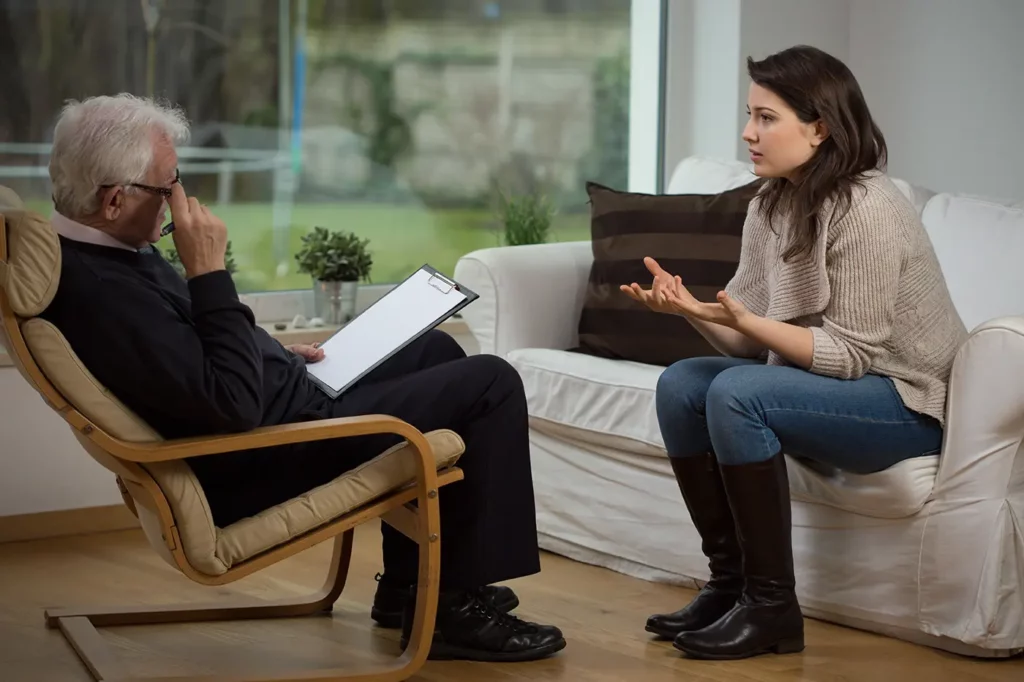24/7 Helpline:
(866) 899-221924/7 Helpline:
(866) 899-2219
Learn more about Group Therapy centers in Corcoran
Group Therapy in Other Cities

Other Insurance Options

Providence

Choice Care Network

Magellan Health

AllWell

Private insurance

Holman Group

Coventry Health Care

EmblemHealth

Access to Recovery (ATR) Voucher

Lucent

Health Choice

BHS | Behavioral Health Systems

Evernorth

Highmark

Molina Healthcare

Ambetter

Cigna

Covered California

CareFirst

Sliding scale payment assistance

WestCare – Kings Lake
WestCare - Kings Lake offers outpatient treatment for adolescents with alcohol and/or substance addi...


Champions Recovery Alternative Program
Champions Recovery Alternative Program is a private rehab located in Hanford, California. Champions ...

WestCare – Y Max Adolescent Outpatient
WestCare - Y-Max Adolescent Outpatient offers outpatient treatment for adolescents with alcohol and/...

WestCare – Earl F. Johnson
WestCare - Earl F. Johnson offers outpatient treatment for adolescents with alcohol and/or substance...

Family Resource Associates
Family Resource Associates is a private rehab located in Stratford, Connecticut. Family Resource Ass...

Recovery Network of Programs
Recovery Network of Programs is a private rehab located in Stratford, Connecticut. Recovery Network ...




Santa Rosa Rancheria
Santa Rosa Rancheria is a public rehab located in Lemoore, California. Santa Rosa Rancheria speciali...

WestCare – Sierra Pacific
WestCare - Sierra Pacific offers outpatient treatment for adults with alcohol and/or substance addic...

Champions – Hannah’s House
Hannah's House is a private rehab for women located in Hanford, CA. Hannah's House specializes in th...

Kings View Community Services
Kings View Community Services, in Hanford, California, provides outpatient mental and behavioral hea...

Organization for Recovery – Cherry Hill
Organization for Recovery is a private rehab located in Stratford, NJ. Organization for Recovery spe...

























